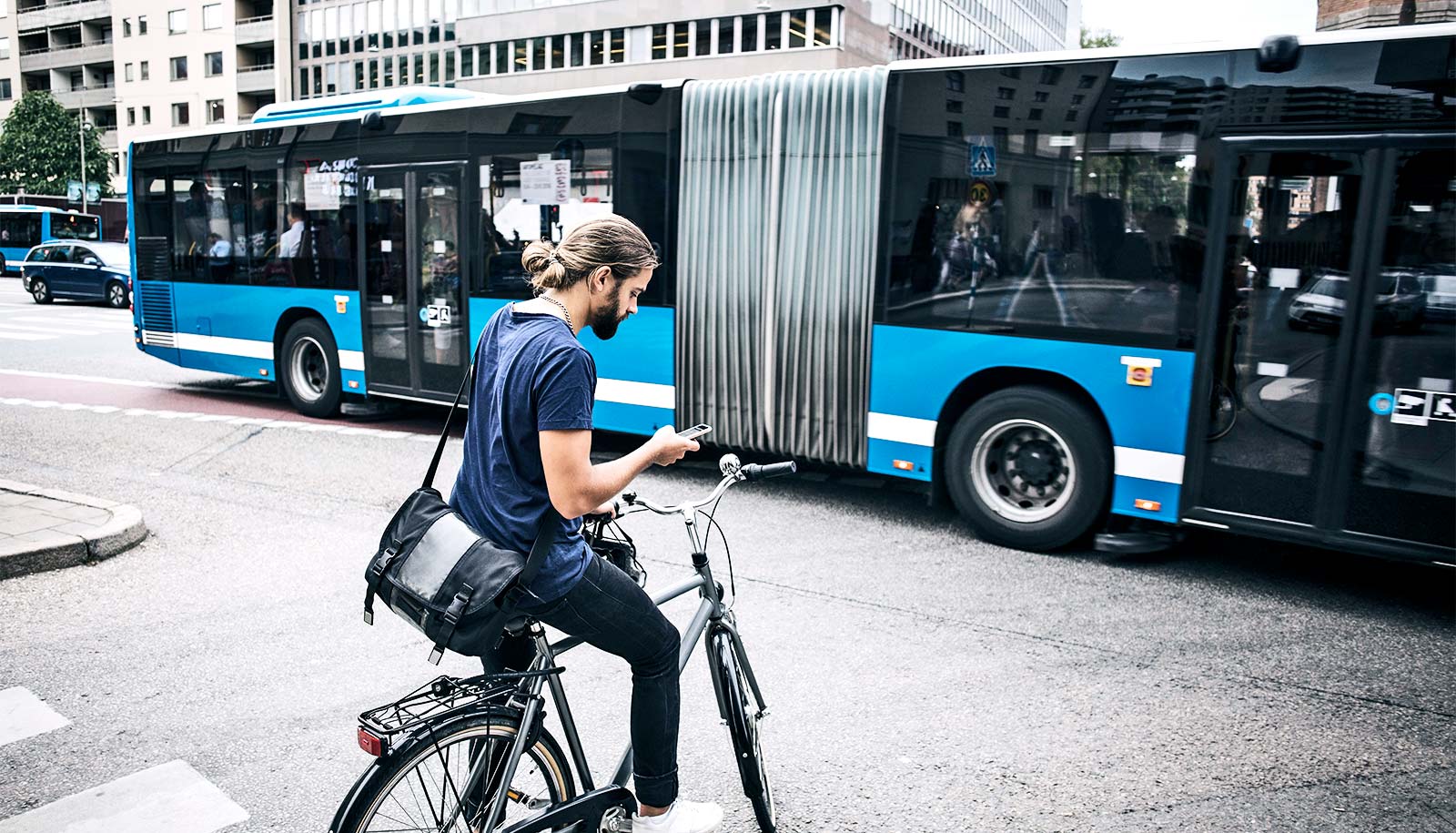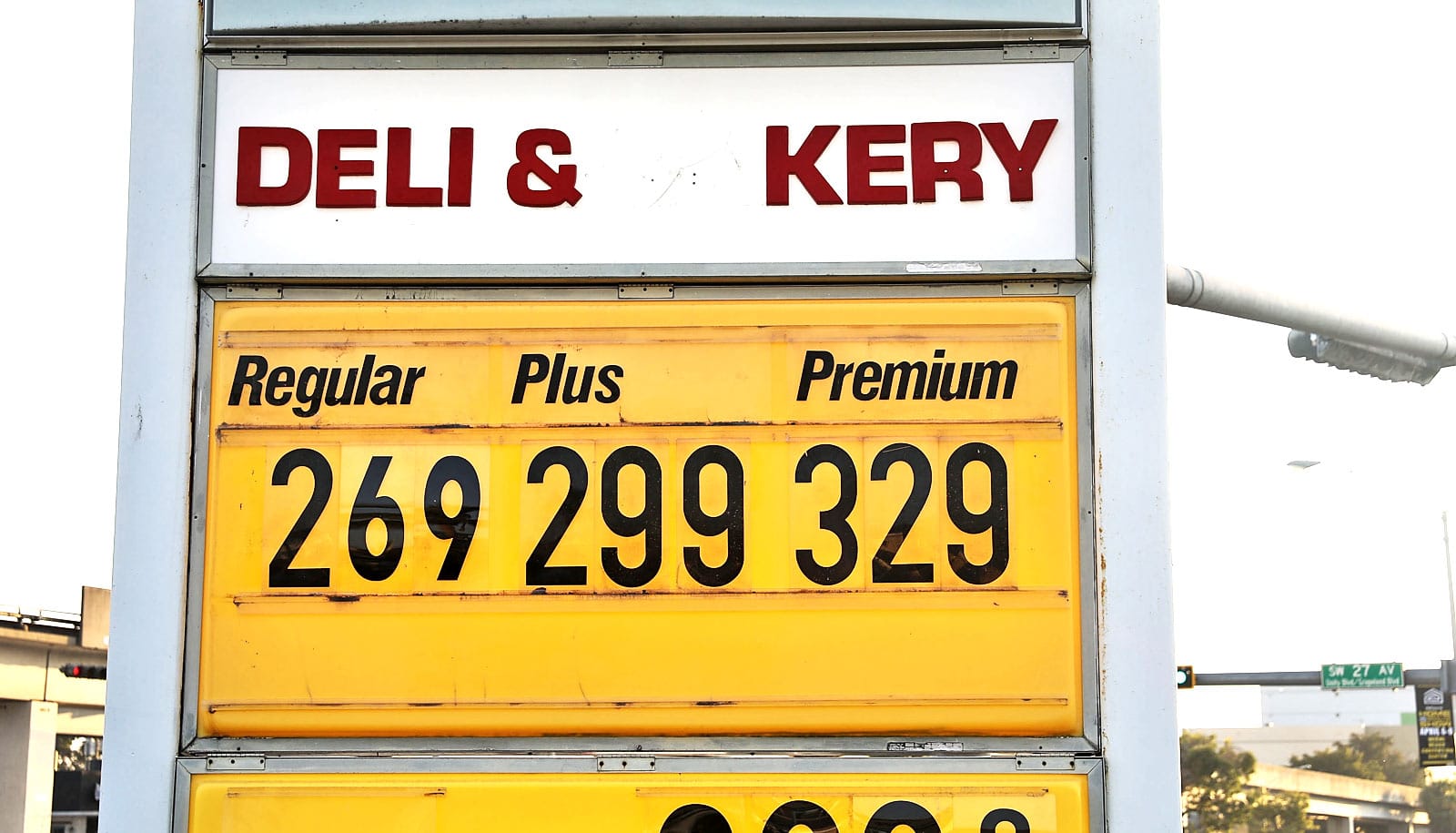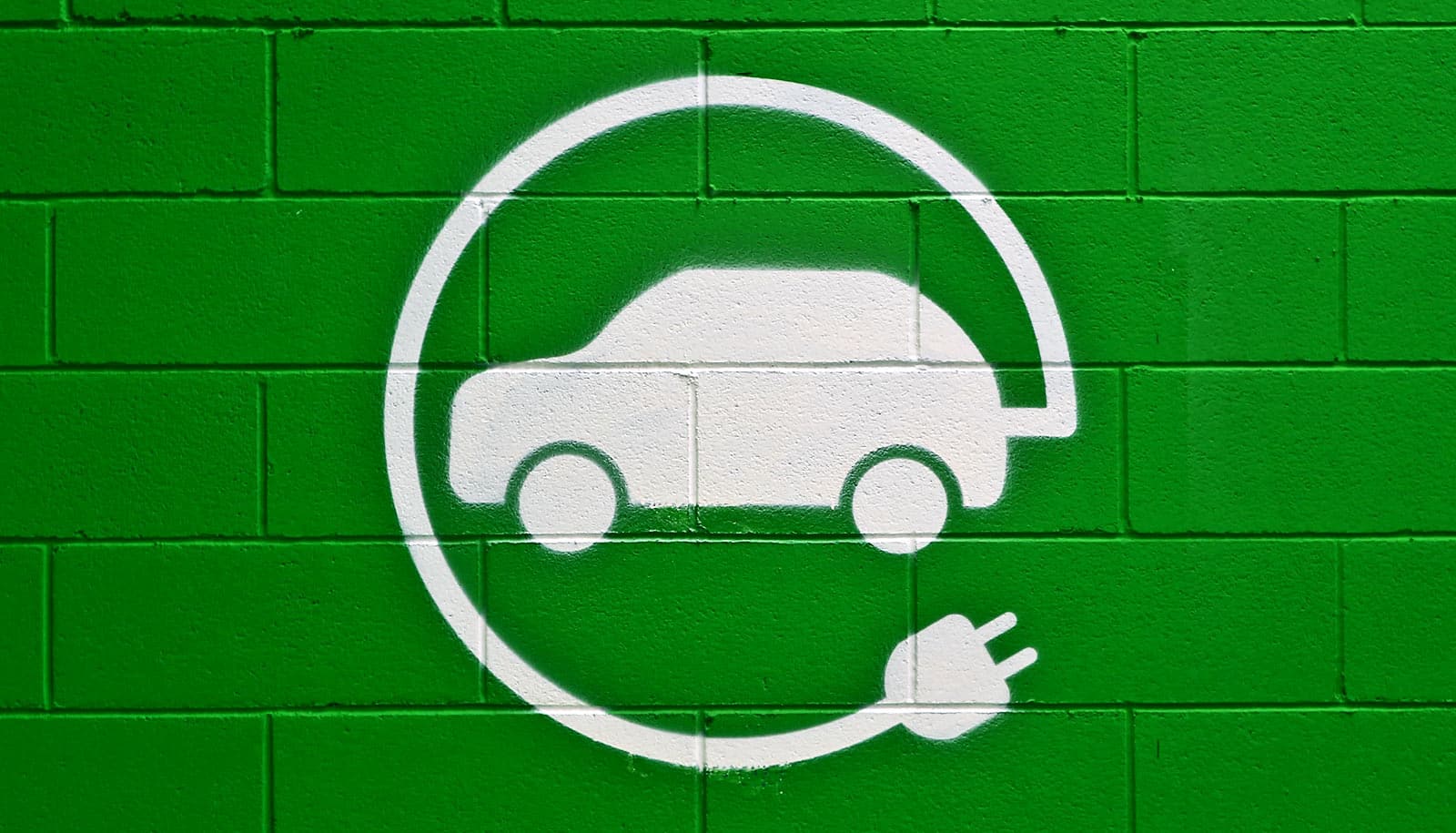Entering people who ride the bus instead of driving to work into a cash lottery motivated people in Durham, North Carolina to leave their car at home and try a greener commute.
The idea was so effective, it landed a million-dollar prize from Bloomberg Philanthropies.
Durham Mayor Steve Schewel says the whole project started with the need for more parking spots in the city.
Ninety percent of downtown commuters ride alone, and the city had been considering building a new parking deck, which would cost $20 million dollars. But rather than building a new parking deck, Mayor Schewel wondered, could they figure out how to reduce the number of drivers instead?
“If we can do that,” Mayor Schewel says, “we can stop building parking decks… and we really want to stop building parking decks.”
So Schewel assembled a team of employees from city hall and the city’s transportation department. They also pulled in experts in human behavior at the Center for Advanced Hindsight at Duke University.
The team generated a bunch of ideas for how to change commuter habits. Should the city pay people not to drive? (It could be cheaper than building the parking deck.) Could they create a Tinder-like app to match would-be carpoolers? What if riding on the bus entered commuters into a lottery?
This episode of the Ways & Means podcast explores the impact of behavioral economics on commuter behavior.
This is the second episode of a four-part series series looking at policy ideas for understanding and dealing with a changing climate. Read the episode transcript here.
Source: Duke University



